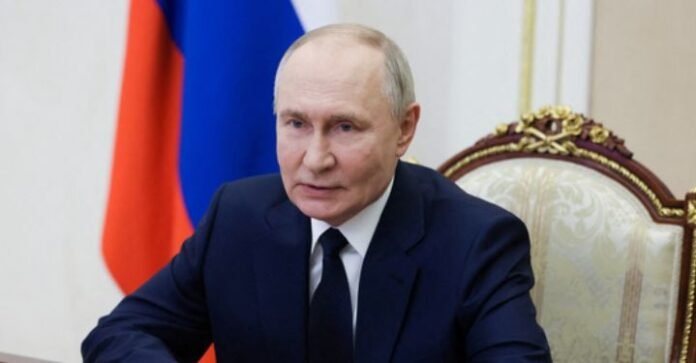Despite the harsh criticism from Russia, Ukraine has remained steadfast in its refusal to entertain any ceasefire proposal that does not include the withdrawal of Russian forces from Ukrainian territory. Ukrainian President Volodymyr Zelenskyy has been vocal about his reluctance to enter any negotiations that do not guarantee the full restoration of Ukraine’s sovereignty, including Crimea, which Russia annexed in 2014.
Zelenskyy and his allies view the Russian rejection of a ceasefire as a continuation of Moscow’s strategy to undermine Ukraine’s territorial integrity. The Ukrainian government argues that a ceasefire, in the absence of Russian withdrawal, would only serve to fortify Russian positions and prolong the conflict. With the West continuing to provide Ukraine with military aid and strategic support, Kyiv has remained focused on reclaiming its territory through military and diplomatic means.
Zelenskyy’s administration has made it clear that they are open to peace talks but are not willing to accept a temporary pause that leaves the current situation unchanged. Ukrainian officials emphasize that a lasting peace agreement can only be achieved if Russia recognizes Ukraine’s borders and sovereignty.
International Diplomacy and Mediation Efforts
The war in Ukraine has drawn numerous global players into the diplomatic fray, with various international organizations and governments attempting to mediate the conflict. The United Nations has consistently called for an end to hostilities and advocated for humanitarian corridors, particularly in cities like Mariupol, where civilians have been subjected to intense bombardment. Despite these calls, the lack of direct influence over the Russian government means that peace talks have thus far made limited progress.
In addition to the U.N., other nations like Turkey and Switzerland have offered to mediate between Russia and Ukraine. However, the political divisions and entrenched positions on both sides have made such initiatives largely ineffective. Russia’s ongoing refusal to accept any ceasefire terms that threaten its territorial gains has led to a deadlock, leaving many to wonder if international diplomacy can ever break the cycle of violence.

